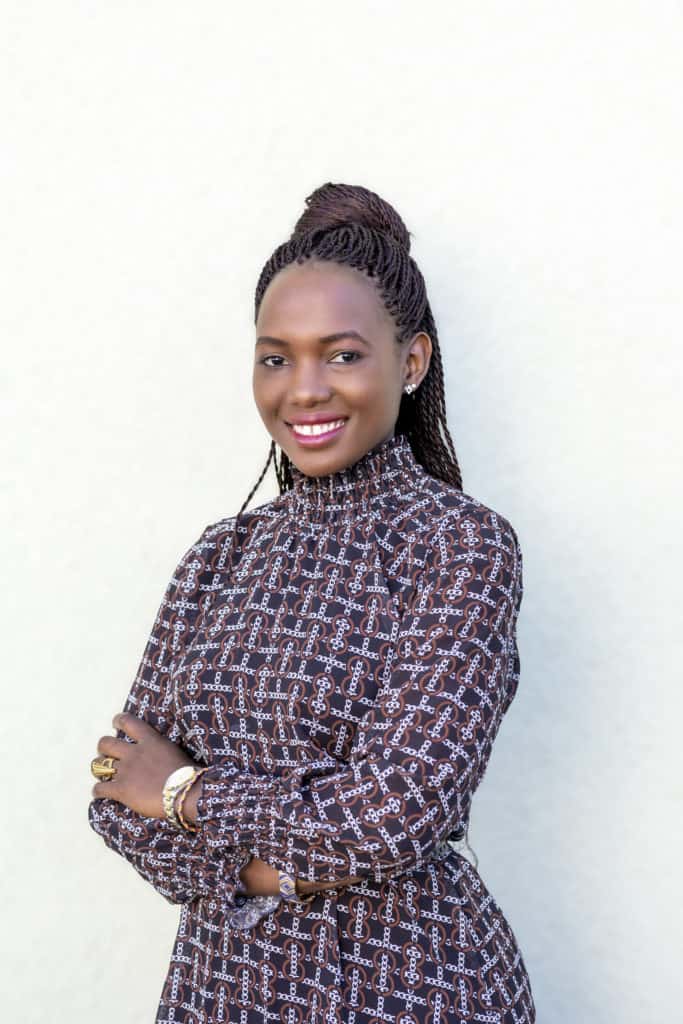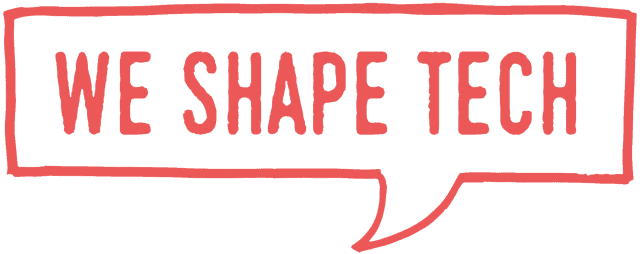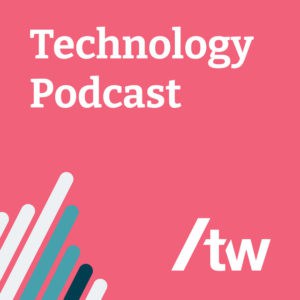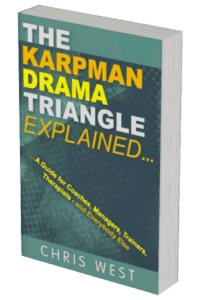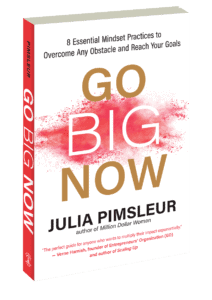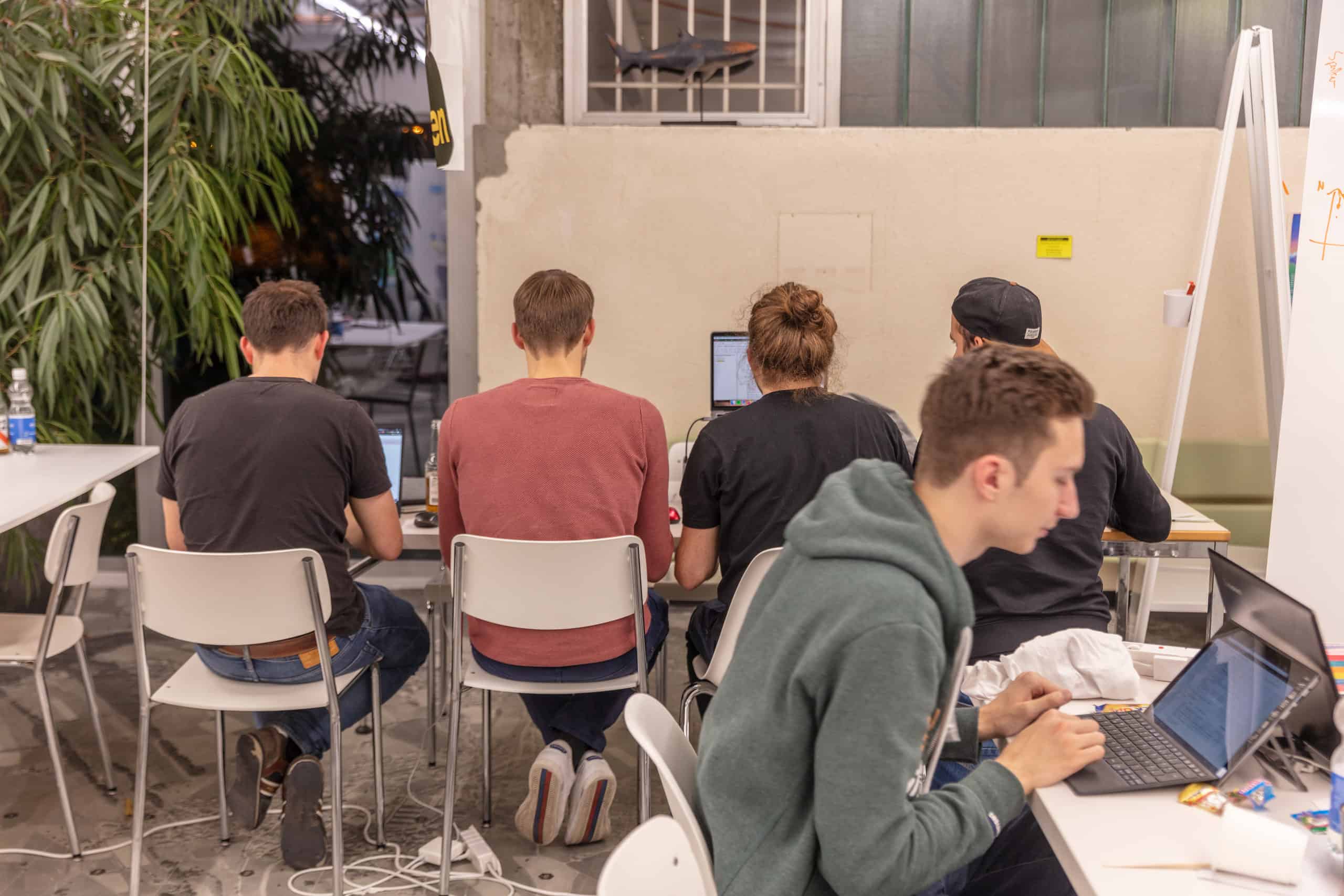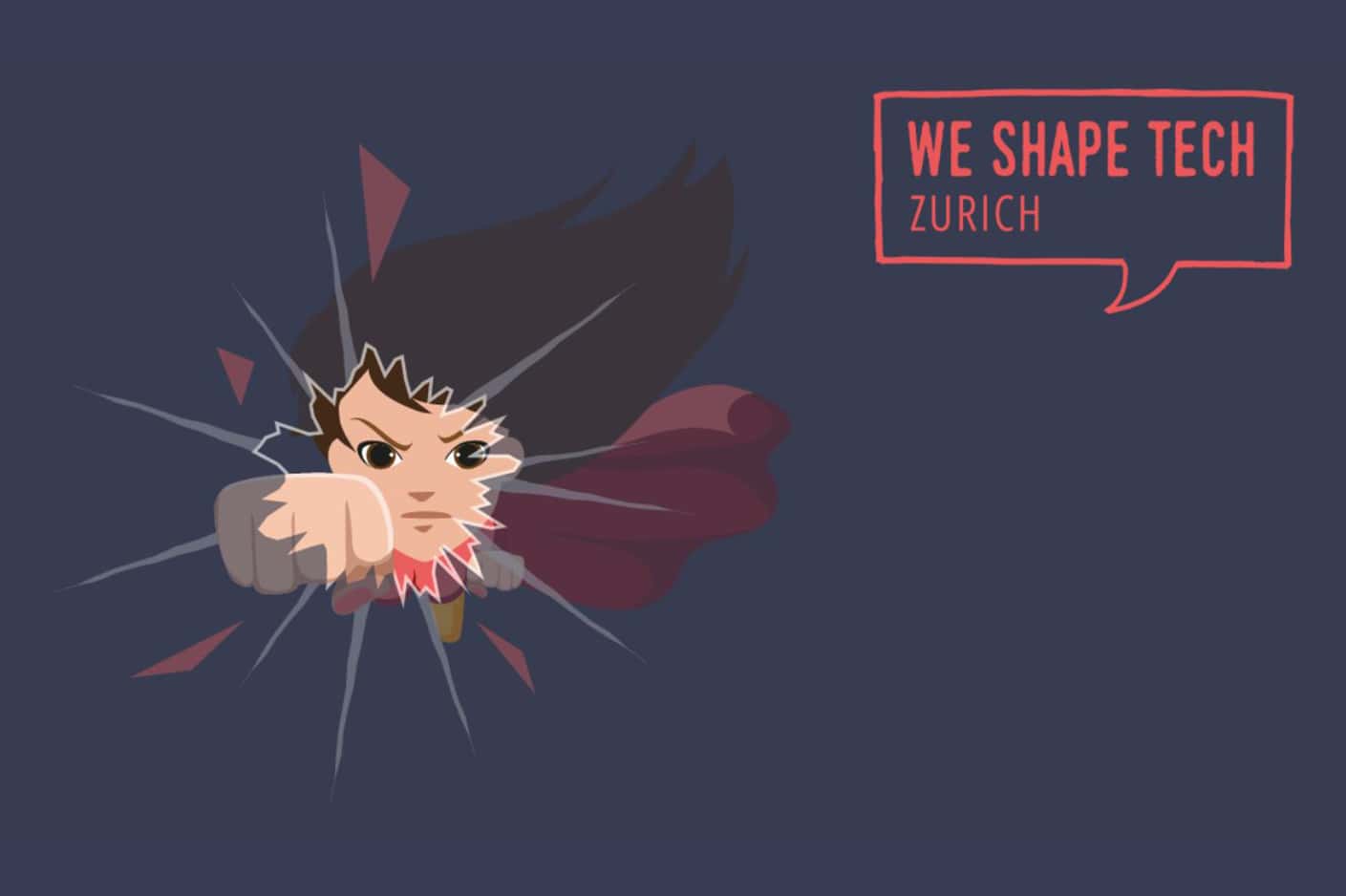Every month we ask one individual in our network a few questions about their way into tech, their motivation and their lessons learned.
Let’s start from the beginning. Tell us about you and where you’re from!
I was born in Kampala, Uganda, however, until the age of 13, I was raised in different regions of the country because of my father’s job. Uganda is a heterogeneous country, thus moving from place to place brought opportunities and challenges. I was exposed early on to different cultures, traditions and languages. For instance, I was able to speak six languages, including English. Conversely, I had to constantly change schools, integrate faster to fit in the new environment, and I was unable to maintain my friendships since back then, communication across regions was extremely limited.
The constant moving ended when I joined a boarding school for high school – this was all together six years. Not only was being in a stable school the best thing that had ever happened to me, but it was also the beginning of a new life. Why? Because of my childhood life after my stepmother stepped into our home. Since her arrival, my siblings and I have had a miserable life; besides living in fear and hearing constant insults about our mother, we became workhorses of the home. By the age of ten, I could do shopping, cook for an entire family, clean a big house, do laundry, among other chores. I had to take care of my five-year-old brother, take him to school before I went to mine and nurse him when he was sick.
At 12, I was already carrying about 80 litres of water every day and preparing lunch before I left for school; otherwise, there would be no food for me (and my twin sister). Being late for school became a daily routine, but at least we arrived. Without all the chores perfectly done, there would be no school. We lived in fear such that I would not even dare to ask for new clothes, books or anything.
I loved school very much because that was where I found solace and in books I found comfort and got peace of mind. When I got to boarding school, I felt reborn and I promised myself to work hard to have a better life. I could write a series of books about my childhood but for now, I can only say I am grateful for every day and for the things I have achieved so far.
During high school, I remained a disciplined student and was active in various co-curricular activities. I was a girl guide (Pfadi), singer in a band, and a three-term prefect. Being a prefect was a massive responsibility in my school as we had to lead about 1’500 students, among which were juniors as young as 12 and seniors of ages up to 25. To ensure firm leadership, we underwent weeks of training both at campus and externally at boot camps or visits to other schools and political gatherings. My most memorable and most challenging moment was when a strike broke out!
Looking back, I feel privileged and proud because these activities, to a greater extent, made me who I am today. Despite the pressure around prefectship, my school grades were not compromised. On the contrary, after high school (equivalent to the Swiss Matura), I won a government sponsorship for university even though I never seized the opportunity. Why? Because I chose to join my mother in Switzerland after several years of separation.
While most people who go to high school can smoothly transfer to university and study whatever they want to – for you having a university paper in your hands meant incredible hurdles – can you share a bit more about your story?
I moved to Switzerland with my siblings in 2011. Given my background, coming to Europe was another gateway to achieving my dreams, which included getting a good university education and building my professional journey after that. In the first year of arriving, I attended an integration school to learn German. Usually, at the end of the program, the students should find an apprenticeship, but for me, that was not an option because I believed that I had what it takes to go to university. Whenever I talked to people about it, they thought I was too ambitious,. Some said, as a foreigner, I would never make it because apparently Universities here only take the best.
One day during a welcome Apéro for newcomers in my area, I was thrilled to speak to an employee from the department of education about my ambitions. I wanted to ask her for further assistance on pursuing my goal. Her response shocked me the most: she said, looking straight in my face, “Dream on, you will never make it”! I almost cried but that would not help me, so I promised to fight harder and challenge this notion that as a foreigner, one cannot succeed. I decided I would go to the university of applied sciences and therefore, I inquired directly from the university about the requirements, and I had the information I needed.
For practical experience, I applied for internships and apprenticeships with the help of a lady called Beatrix Wyss from the organisation Solothurnische Vereinigung für Erwachsenenbildung (SOVE,) who helped me write my applications and made calls to ask for vacancies. I was never invited, not even for an interview – being one year in Switzerland at that time I assume, was one of the reasons I got rejections. My mother suggested to consider studying in Germany, so I applied at the Hochschule Furtwangen and was admitted instantly. But getting to Germany was also not easy as I was first denied a visa because I lacked sufficient funds. I remember breaking down in tears at the embassy until a very generous relative offered to support me until I finished studying. The sponsor also helped me apply for further sponsorships, and I was lucky that three institutions including the Rotary funded my studies. I am always grateful, and this was a revelation that there were people that believed in me.
During the bachelor’s degree, I had the chance to study at the University of Lucerne through the ERASMUS (European Community Action Scheme for the Mobility of University Students) program. With my bachelor thesis on funding startups through crowdfunding I finally graduated with flying colours. Today I hold a B.A. in International Business Management and a double masters degree MSc. in International Management and Business Information Systems from the University of Applied Sciences Northwestern Switzerland (FHNW). I am proud to say that I graduated with a good average in both the bachelors and masters’ degrees.
I jump-started my professional journey with an internship as a project assistant in the entrepreneurship department of the FHNW. I was among others responsible for examining startup offers in the Swiss startup ecosystem. From then on, my fascination for entrepreneurship grew even more, leading me to Startupticker in 2015.
What valuable advice did you get from your parents or the people closest to you during childhood?
My mother is an incredibly strong woman with unshakable faith and she is always sharing so much advice. She regularly says that there is always a way, no matter how challenging a situation may be and it is up to me to discover it. She also encourages me not to be shy to seek help because no one can succeed alone. When I was young, my dad said to me that we are strong in a group, but alone, we are vulnerable and therefore, I should be conscious of my actions – this advice helped me survive several situations, especially during my high school. Another important parental figure in my life is my aunt. She advised my siblings and I to always appreciate where we come from.
How did you become interested in tech?
Growing up, I was surrounded by non-technicians and as a girl, getting involved with anything to do with technology was never a topic of discussion. Even the simplest tasks such as installing a lamp or setting up a new mobile phone required getting a specialist. This frustrated me because I wondered why one has to wait for a specialist when they could perform the same task by themselves much faster and at no cost.
Since then, I would offer to help with small tasks and with the help of manuals, and soon I would become the “techie” at home – even today in some cases. I enjoy exploring and learning about the different facets of technology, so I am often learning and experimenting with new tech tools and programs.
Fun fact: I attempted to learn to code, but I still can not code.
I am also constantly thinking about ways technology could help us address some issues and I have jotted down some ideas, but these have never left the ideation stage. Though there is one crazy idea that I am still hooked onto.
Technology is very diverse yet there is a misconception that one has to be a software developer or programmer to be in tech. Let me give a simple example: my passion for photography through which I have learned so much about different softwares and techniques. It is surprising how technical this field is!
The opportunities I have had at Startupticker are immense. I have been exposed to a variety of fields thanks to the startups we feature on our platform. I also assist with some technical aspects for our back-and front-end platforms.
What aspects of your work are you proudest of?
The fact that every day is always different excites me. The startup scene has evolved rapidly, and I have seen some businesses grow from being an idea to a successful business with great traction. It is so fulfilling, too when some founders express gratitude for helping them get exposure.
What drives you at work?
There is always something new and different in the startup scene to look forward to every day. Of course, working alongside Stefan Kyora, one of the pioneers in the Swiss startup scene and the entire Startupticker team, gives me a reason to wake up every day.
You are the duty editor at THE startup news outlet of Switzerland – can you share 3-5 tips on how a startup can pitch a story to you so that it will be covered on Startupticker?
As an independent news platform, we welcome everyone interested in entrepreneurship – be it aspiring or established founders, investors or supporting organisations – to contact and inform us whether they have news to announce. Even when there is no news, we are always pleased to learn about the upcoming solutions and projects/initiatives from supporters. Therefore, any startup founder can reach out to us and present their company or project. The startup must be established in Switzerland.
What are the do’s and don’ts when it comes to a journalist like you?
Dos: It is crucial to understand the technology and theme of the story before writing the first draft. Understanding involves being open-minded, curious and open to ask for additional information. Since I am not an expert on all tech topics, I handle every topic with some naiveté because only then can I approach the founders with aspects for which I need an explanation. Additionally, I have also learned not to be afraid to ask for further explanation or correction on an article. Only then am I able to present the correct facts as I should.
Don’ts: As someone who gets excited about new technology, especially if I have a chance to test it, it is important not to get too attached to anything and instead preserve neutrality.
What does the story need to be “newsworthy”?
Most importantly, the news must be up-to-date and should contain a business milestone. This can be about launching the solution, closing a financing round, winning new customers or large partners, growth, etc. However, we invite founders to contact us to share their stories with us to identify possibilities to feature their startup.
Which topics, in which startups are offering a solution, do you think haven’t been covered as much as they should be?
As a news channel, we do not have a specific focus topic. Since the news we cover is based on the milestones the startups have achieved, there is a broad spectrum of areas covered as a result, such as financing launching, expansion, growth, partnerships, change of leadership at companies or award prizes. The list is endless. On the other side, we cover news from various supporters on programs they offer – there is a piece of news and information for everyone.
What has been your toughest challenge you faced while working in tech?
The most challenging aspect was learning about the different technologies the startups were developing or using for their solutions. By now, I’m familiar with many of them which makes me more efficient while composing a news article.
Is there anything l you wish you had known earlier or would advise your younger self?
That being in tech does not necessarily mean being a computer scientist or programmer. While growing up, I was not exposed to technology, and neither were the people in my circle, nor did we learn about it in school. It wasn’t until I came to Switzerland that I realised that technology is comprehensive, and thanks to my curiosity to explore, I was able to catch up very fast. Also, thanks to Startupticker, I got a platform to learn about various technologies – and even use some of them.
What advice would you give other women in tech?
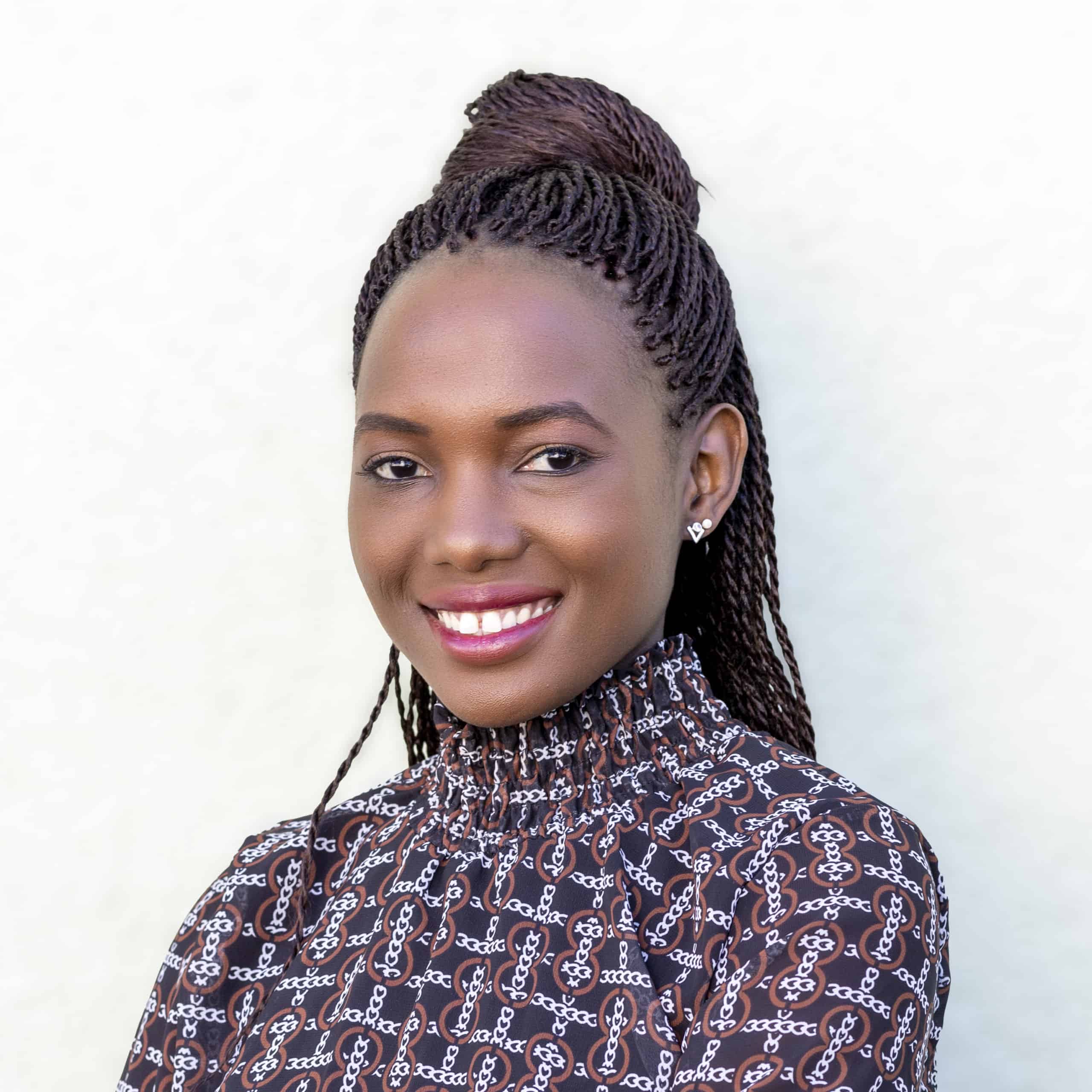
Furthermore, women and young girls should start early enough to learn about the various possibilities of tech and ask for advice on how best they exploit their potential.
Are there any books, podcasts, or other resources that you enjoy or recommend?
Americanah by Chimamanda Ngozi Adiche – of all the books I have read, I believe this one has most impressed me the most; not only did I relate to the protagonist, but it also made me laugh, cry and reflect.
An all-around book I would recommend is Ikigai by Hector Garcia.
My podcast library is mixed however, I find Business Wars from Wondery hosted by David D. Brown very exciting because of the great insights about companies’ origins, leadership, etc.
Who is your role model and why? and if you had the chance, what question would you ask her?
There are several people that I look up to for inspiration for both my professional and private growth. However, I am an open-minded person who allows herself to meet and get inspired by individuals around me. I believe that with every person we meet, there is a crucial take away to walk away with.
